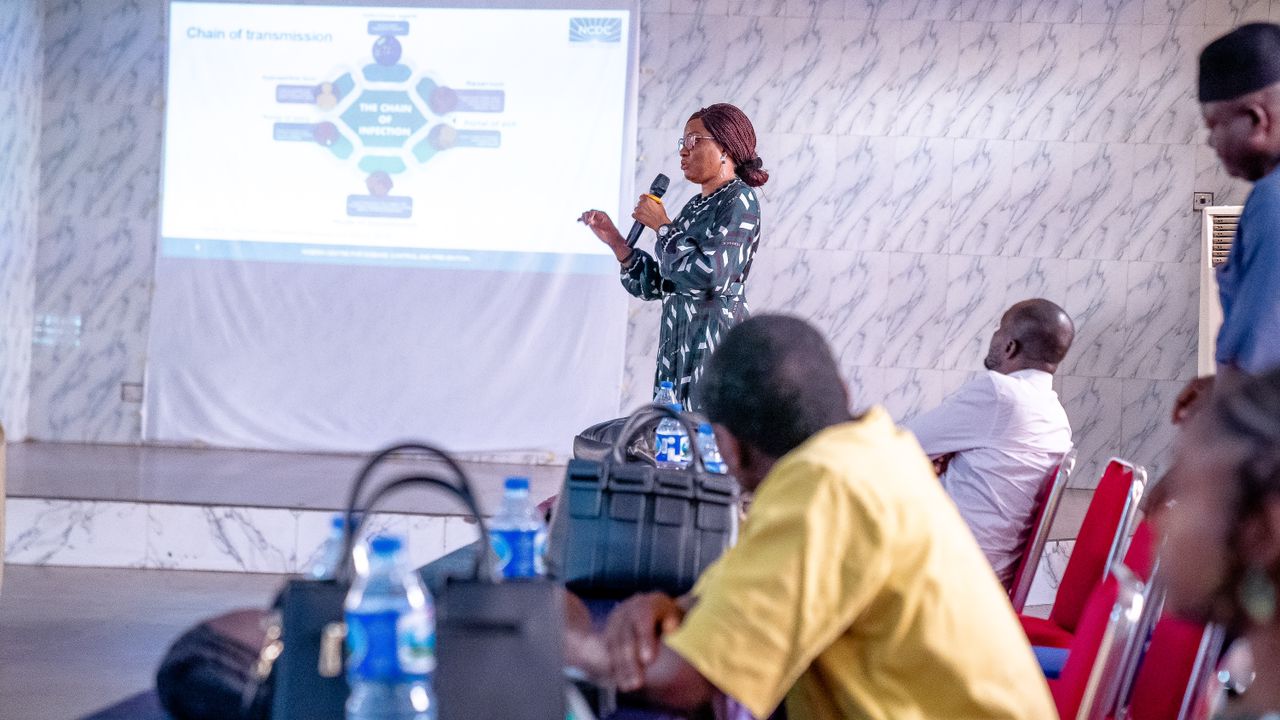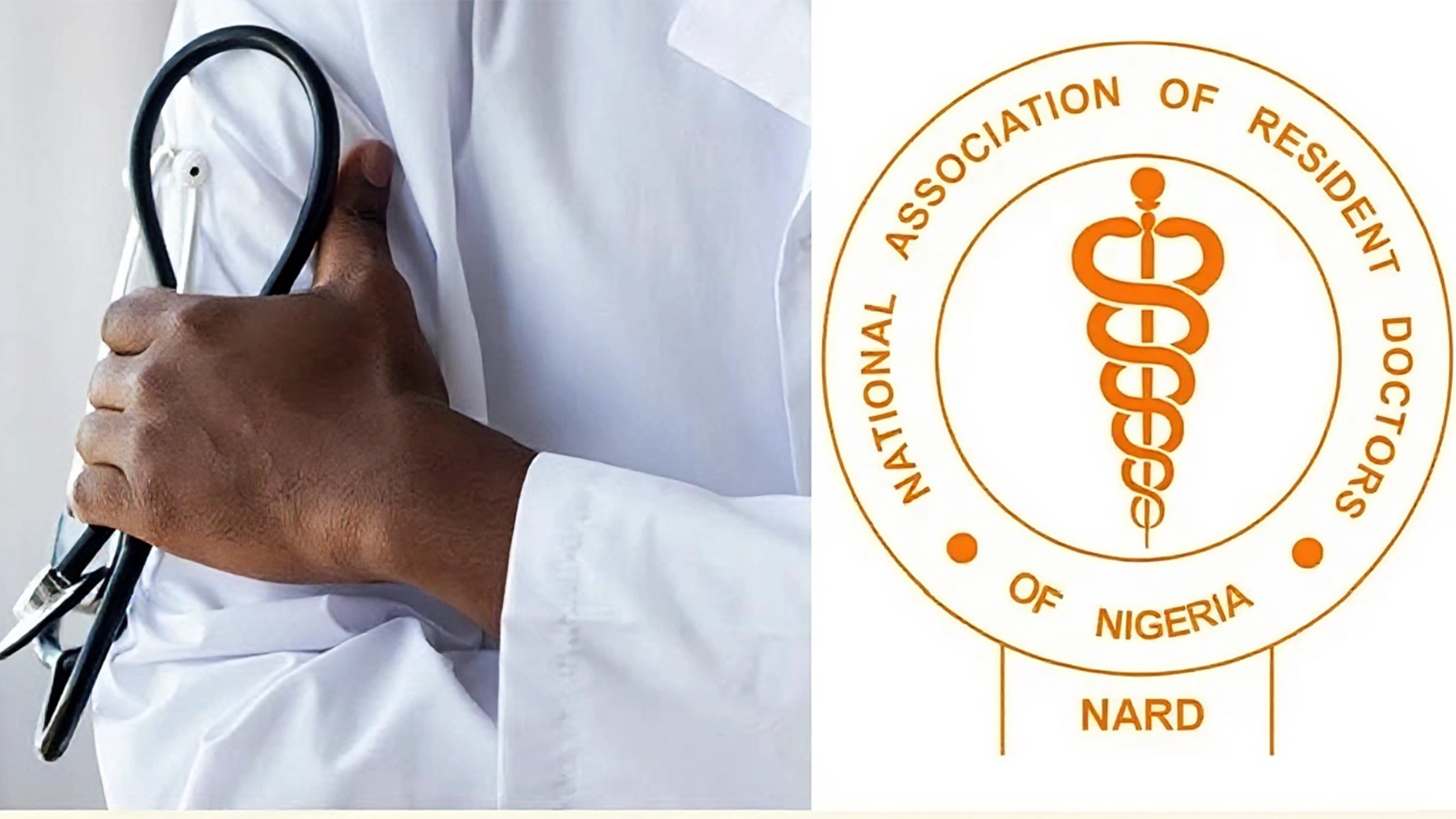
Health experts have called on the Federal Government to prioritize dedicated funding for health research and create policies that foster innovation in public health technologies.
This, they stated, is expected to revolutionize the country’s healthcare landscape, making quality care more accessible and efficient.
They spoke in Abuja at an investiture/lecture on the Research Ineffectiveness Impeding Advancements in Public Health Technology and Development in Africa, organised by the Institute of Public Health, Nursing and Midwifery of Nigeria.
In his lecture, Associate Professor Mohammed Kabiru of the College of Medicine, Kaduna State University, urged the Federal Government to allocate dedicated funding for health research and create favourable policies that support research and innovation in public health technologies.
He also tasked the government to focus on needs-driven research, collaborate with international and local partners, and ensure that findings are effectively disseminated to those who can implement them.
According to the Don, by prioritizing health research and innovation, Nigeria can improve healthcare outcomes and quality of life for its citizens, reduce the burden of out-of-pocket expenses and catastrophic health expenditures, enhance its global competitiveness in the healthcare sector.
Represented by Ibrahim Mohammed, Kabiru urged the Nigerian government to honor its commitment to the Abuja Declaration by allocating at least 15 per cent of the national budget to healthcare.
The Guardian reports that the Abuja Declaration, signed in 2001, is an agreement by the 55-member African Union countries to allocate at least 15 per cent of their national budgets to healthcare.
This commitment aims to improve health outcomes and address the continent’s significant health challenges.
While calling on intemational partners to provide technical assistance, support capacity building, and contribute funding to strengthen Africa’s research ecosystem, he urged policymakers to develop and enforce policies that encourage research and innovation in the public health sector, ensuring that national priorities are addressed.
His words: “Research ineffectiveness is a significant barrier to advancing public health technology and development in Africa.
“The continent has immense potential to overcome health challenges through innovative technologies and research-driven solutions.
“However, this potential can only be realized by addressing the systemic challenges impeding research effectiveness.
“Collaboration, increased funding, and alignment with national health needs are critical steps to improving public health outcomes and driving economic growth in.
“For Nigeria to improve its healthcare outcomes, there is a need to overhaul the way research is to prioritised and funded. Increased government commitment to funding health research, better alignment with national health priorities, and improved infrastructure will be critical to overcoming the current limitations in research. Promoting local research that addresses the country’s specific health issues will play a pivotal role in transforming the healthcare sector”.
Also in his lecture, Haruna Usman lamented that African countries have lost a significant portion of their talented researchers to more developed regions due to better research funding, resources, and career opportunities abroad.
The emigration of highly skilled professionals, he noted, has resulted in reduced capacity to lead local research efforts, dependence on international expertise and limiting the development of sustainable, locally-driven research programmes.
Recent data indicated that a total of 18,224 Nigerian health workers were granted visas by the United Kingdom in one year.
Usman also decried insufficient funding for research and development in the continent.
He said: “Research funding in Africa is alarmingly low. On average, African countries allocate less than 1 per cent of their GDP to research and development (R&D), compared to 2-3 per cent in more developed regions.
“This lack of funding has cascading effects: limited access to cutting-edge technology needed for advanced research; inadequate facilities and infrastructure to support large-scale research projects; reduced ability to attract and retain skilled researchers, who often migrate to countries with better research environments”.
In his address of welcome, one of the facilitators of the programme, Dr. Clement Ogbaini, said the event was organised to highlight challenges confronting the health sector in Africa and proffer solutions.
He tasked governments in the continent to fund public health research, emphasizing the need for African-led health research and capacity building to address the continent’s significant disease burden.
Dr Ogbaini said this call to action is crucial as Africa bears 25 per cent of the global disease burden but produces only 2 per cent of the world’s research output.
To bridge this gap, he said governments must allocate sufficient funds to support research institutions, empower African-based researchers, and provide quality training and career development opportunities for junior scientists and support staff.






